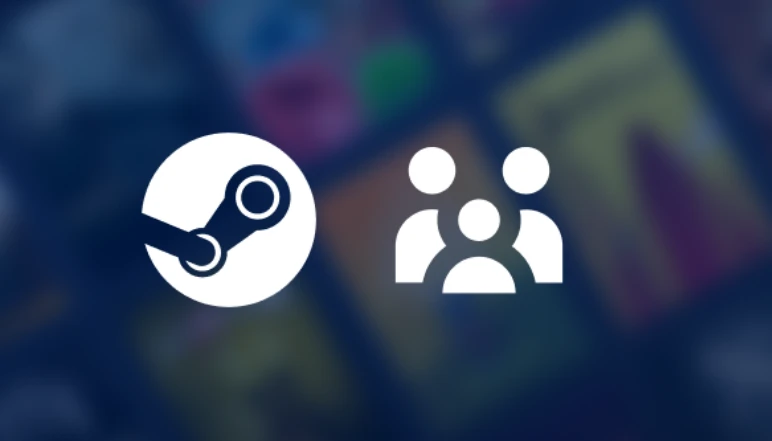European Consumer Organization claims that game companies such as Activision Electronic Arts Epic and Ubisoft 'trick' consumers by offering premium in-game currency
The European Consumer Organization and 22 member organizations from seventeen countries have filed a complaint against Activision Blizzard Electronic Arts Epic Games Ubisoft and other major gaming companies for "purposefully fooling consumers" by using in-game currency that is "used to confuse consumers and disconnect them from the real value their in-game expenditure."
In a letter to CPC-Network, BEUC director general Agustin Ayna (via Reuters) said that videogame companies had adopted business models that heavily rely on in-game purchases of premium virtual currencies made with euros (or local currencies). "Based on our analyses and the accompanying evidence in the attachments, we have strong reason to believe that consumers could fall victim to several deceptive practice when purchasing premium virtual currencies.
"We therefore take the opinion that the concerned traders do not provide consumers - and especially children - with safe online environments fully compliant with EU consumer laws."
The complaint is directed at Microsoft-owned Activision Blizzard, Mojang Studios, Electronic Arts and Epic Games, Tencent's Supercell, Ubisoft, and Roblox Corporation. The complaint also states that the growing misuse of virtual currency is "particularly concerning" as it extends beyond videogames to social media platforms such as TikTok, Twitch and Amazon.
The complaint revolves around four main points:
- The consumers are unable to see the true cost of in-game goods and are therefore more likely to overspend
- The claims of game companies that consumers prefer virtual currency to real money are false
- The use of premium currency is sometimes tied to "unfair conditions favoring game developers," denying them their legal rights.
- Children are especially vulnerable to "manipulative techniques" because "they have limited financial literacy and can be easily swayed with virtual currencies."
Reyna stated in a separate press release that "gamers shouldn't have to rely on calculators to make informed decisions about how much money they want spend." "The money that they spend should be displayed as real money, and deceptive tactics must be stopped."
"Premium in-game currencies today are deliberately tricking consumers, and they take a heavy toll on children." Companies are aware of the vulnerability of children and use tricks to entice younger consumers to spend more.
Virtual currencies can hide the true cost of in-game goods in a variety of ways. They can add layers of "abstraction," bundle bonus currency with higher-priced packages, and encourage overspending. According to a separate report filed by the Norwegian Consumer Council today, cited by BEUC: A Fortnite battle pass costs V-bucks but the smallest bundle is 1,000 V-bucks. "There are no items in the game that cost 50 V Bucks so unless the players purchase additional bundles, the will not be able spend the entire premium currency purchased."
BEUC, in a letter, said that, aside from the immorality of it all, it suspects that at least some virtual currency practices in games constitute "several widespread violations" of EU directives. These include the Unfair Commercial Practices Directive (UCPD), the Consumer Rights Directive (CRD), and the Unfair Contract Terms Directive.
"We call on the CPC-Network to stop the unfair practices highlighted in this alert and to ensure that the rights of consumers--especially those of young ones--are fully respected," it said.
BEUC, which is derived from the French Bureau Europeen des Unions de Consommateurs (Bureau Europeen des Unions de Consommateurs), is a umbrella organization that represents 44 consumer organizations in 31 European countries. Its goal is to ensure EU policies "improve consumers' lives" in areas such as "competition and consumer rights, digital rights and energy, redress, enforcement, financial services and sustainability."
Epic Games declined comment on the complaint. I've contacted the other game companies listed in the complaint. I will update this post if I get a response.




Comments